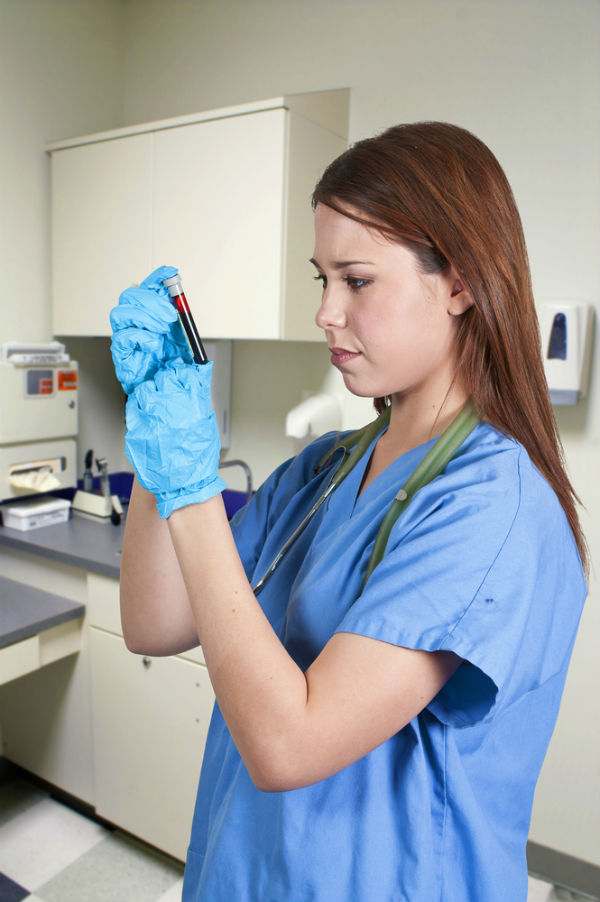Get Certified in Phlebotomy & EKG: Your Guide to Building a Prosperous Healthcare Career
Are you considering a rewarding career in healthcare? Earning certifications in phlebotomy and EKG technology is an excellent way to kickstart your journey. These certifications not only increase your job prospects but also provide valuable skills to work in various medical settings. In this complete guide, we’ll explore everything you need to know about becoming certified in phlebotomy and EKG, the benefits of these qualifications, practical tips, and inspiring success stories.
Why Get Certified in Phlebotomy and EKG?
Becoming certified in phlebotomy and EKG offers numerous benefits, including improved employability, higher earning potential, and the chance to make a meaningful difference in patients’ lives. Both roles are vital in diagnostic healthcare, helping physicians diagnose and treat medical conditions promptly.
- Enhanced job prospects: Certification opens doors to clinics, hospitals, laboratories, and outpatient care centers.
- Increased earning potential: Certified professionals typically earn more compared to non-certified counterparts.
- Skill validation: Certification proves your expertise to employers and patients alike.
- Career advancement: Certifications lay the foundation for further specialization or advanced healthcare roles.
Understanding Phlebotomy and EKG Certifications
What Is Phlebotomy?
Phlebotomy involves drawing blood from patients for laboratory testing, transfusions, or research. Certified phlebotomists are trained in patient communication, blood collection techniques, and safety procedures. This role is essential in diagnostic labs and healthcare facilities.
What is EKG Technology?
EKG (Electrocardiogram) technicians are responsible for performing cardiac tests by recording the electrical activity of the heart. Certified EKG technicians interpret basic readings and assist physicians in diagnosing heart conditions.
How to Get Certified in Phlebotomy & EKG
Steps to Certification
- Meet eligibility requirements: Typically includes a minimum age,high school diploma or GED,and immunization records.
- Complete a training program: Choose an accredited phlebotomy and EKG training course-either in-person or online.
- Gain practical experience: Most certification programs require hands-on clinical practice.
- Pass certification exams: Successful completion of exams administered by organizations like the National Healthcareer Association (NHA), American Society for Clinical Pathology (ASCP), or American Allied Health Association (AAHA).
- Maintain your certification: Continuing education credits or recertification exams are usually needed every 1-3 years.
Recommended Certification Organizations
| Association | Certifications Offered | Valid For |
|---|---|---|
| National healthcareer association (NHA) | Certified Phlebotomy Technician (CPT), Certified EKG Technician (CET) | 2 years |
| American Society for Clinical Pathology (ASCP) | Registered Phlebotomy Technician (RPT) | 3 years |
| American Allied Health Association (AAHA) | Phlebotomy & EKG Certifications | Varies |
Practical Tips for Success
- Research accredited courses: Ensure your program is approved by relevant healthcare bodies.
- Gain hands-on experience: Seek internships or volunteer opportunities to practice your skills.
- Prepare thoroughly for exams: Use practice tests and study guides to boost confidence.
- Stay current with industry standards: Engage in continuing education and professional advancement.
- Network within the healthcare community: Join professional associations to access job opportunities and resources.
Benefits of Certification & Practical Tips
Certification not only sets you apart but also ensures you’re equipped with the latest techniques and safety protocols. Practical experience is equally crucial-nothing beats hands-on practice when it comes to mastering blood draws or EKG procedures. Remember, continuous learning keeps you competitive and up-to-date with advancements in healthcare technology.
Real-life Success Stories
Case Study: From Novice to Certified Professional
Maria was a high school graduate with no healthcare experience.she enrolled in an accredited phlebotomy and EKG training program,completed her clinical hours,and passed her certification exams. Today, Maria works in a busy outpatient clinic, earning a competitive salary and enjoying her role in patient care. Her story illustrates how commitment, education, and certification can rapidly turn career dreams into reality.
First-Hand Experience: The rewards of Certification
John, a certified EKG technician, shares, “Getting certified opened many doors for me. I love working directly with patients and being part of the diagnosis process. The certification gave me the confidence and credibility I needed to advance.” These personal stories highlight the impact of investing in your healthcare career through certification.
Building a Successful Healthcare Career
Starting with certification in phlebotomy and EKG is an excellent stepping stone toward broader healthcare roles. From there, you can explore further specializations such as medical assisting, respiratory therapy, or even nursing. Additionally, entries in high-demand healthcare sectors tend to offer stable employment and growth opportunities.
Summary: Your Pathway to a Rewarding Healthcare Career
- Get educated: Enroll in reputable phlebotomy and EKG certification courses.
- Shift from learning to doing: Gain practical experience through clinical practice and externships.
- Pass your certification exams: Prepare diligently using practice tests and study guides.
- Secure employment: Leverage your certification to find job opportunities in healthcare facilities.
- Keep learning: Pursue continuing education to stay current and advance your career.
Conclusion
Becoming certified in phlebotomy and EKG is an empowering step toward a successful healthcare career.These certifications demonstrate your commitment to patient care, increase your employability, and open pathways to diverse healthcare roles. Whether you’re just starting out or looking to expand your qualifications, investing in this training can transform your professional life. Embrace the opportunity to make a difference in patients’ lives while building a fulfilling and stable career in healthcare.
